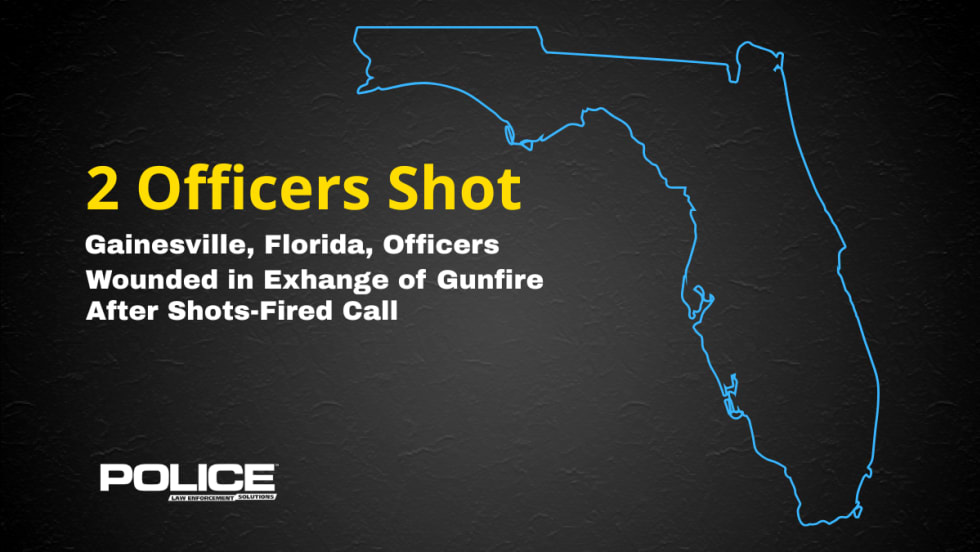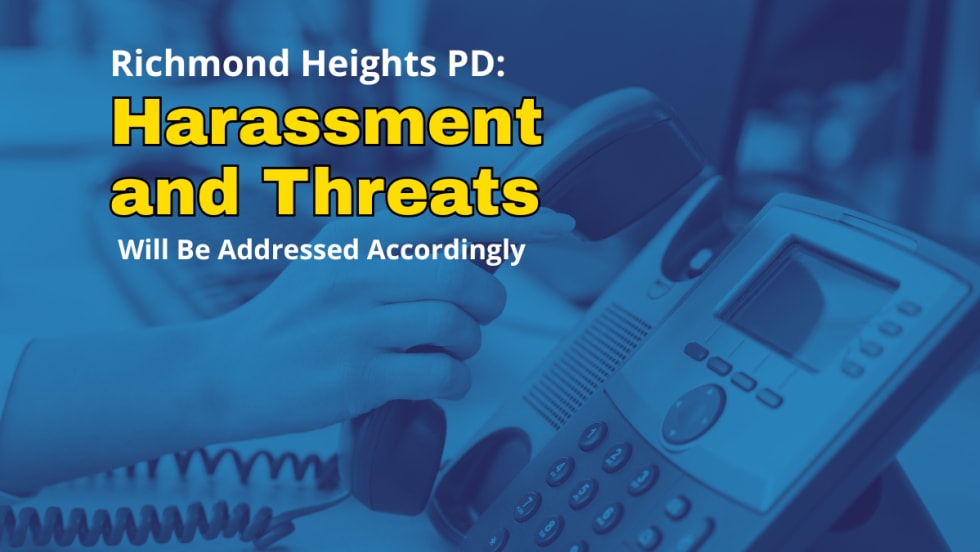Article
We're experiencing technical difficulties. Please try again later.
More Articles

2 Florida Officers Shot After Shots-Fired Call
Two officers were shot in Gainesville, Florida, by a man who police say was leaving an area where he had killed a man inside a business. The suspect exited his vehicle in what the chief termed an “ambush-style” attack.
Read More →
Caswell Live Fire Spins Off from InVeris
Caswell Live Fire has spun off from parent company InVeris, coinciding with the 100th anniversary of Caswell’s founding. Over the past 100 years, Caswell has developed pioneering solutions that support military, law enforcement, and commercial clients worldwide.
Read More →
Mistaken Identity: Ohio Police Department Harassed After ICE OIS
An Ohio police department has received harassing phone calls and social media messages because it has an officer with the same name as the ICE officer identified in the Minneapolis, Minnesota, officer-involved shooting.
Read More →
Top 10 POLICE Videos of 2025
What were the top videos published by POLICE in 2025? Many covered tactics and officer safety, while others came from booth visits at IACP in Denver, Colorado. In case you missed these, here are the top 10 videos.
Read More →
Flock Safety and Coreforce Partner to Enhance Real-Time Awareness and Operational Efficiency for Law Enforcement
A new integration partnership will enable Flock Safety hotlist alerts and license plate recognition (LPR) searches directly in Coreforce’s Real-Time Crime Center (RTCC) and Digital Evidence Management System (DEMS) platform.
Read More →
Ballistic Armor Co. Secures Strategic Investment to Expand U.S. Production Capabilities
Ballistic Armor Co. secured a new commitment that will accelerate its multi-year transition from a third-party tactical equipment retailer to a premium innovator and U.S. manufacturer of advanced protective systems.
Read More →
From the Show Floor: DroneSense by Versaterm
Learn about DroneSense by Versaterm as POLICE talks with Ryan Bracken, head of product. He explains the rapid advancements in drone technology, capabilities, and software.
Read More →
From the Show Floor: Versaterm
Learn more about Versaterm as POLICE visits with Rohan Galloway-Dawkins, chief product officer, to explore the company’s focus on a purpose-built platform for public safety.
Read More →
Steiner’s T1Xi Selected as Top Performer in Texas DPS Optic Evaluation
Steiner Optics’ T1Xi was selected as the top-performing red dot in the recent Texas Department of Public Safety optic evaluation.
Read More →
Police & Fire Championships Expands Athlete Eligibility
The US Police & Fire Championships is now open to all employees – sworn, civilian, administrative, technical, and support staff – who work directly for an eligible public safety agency.
Read More →
